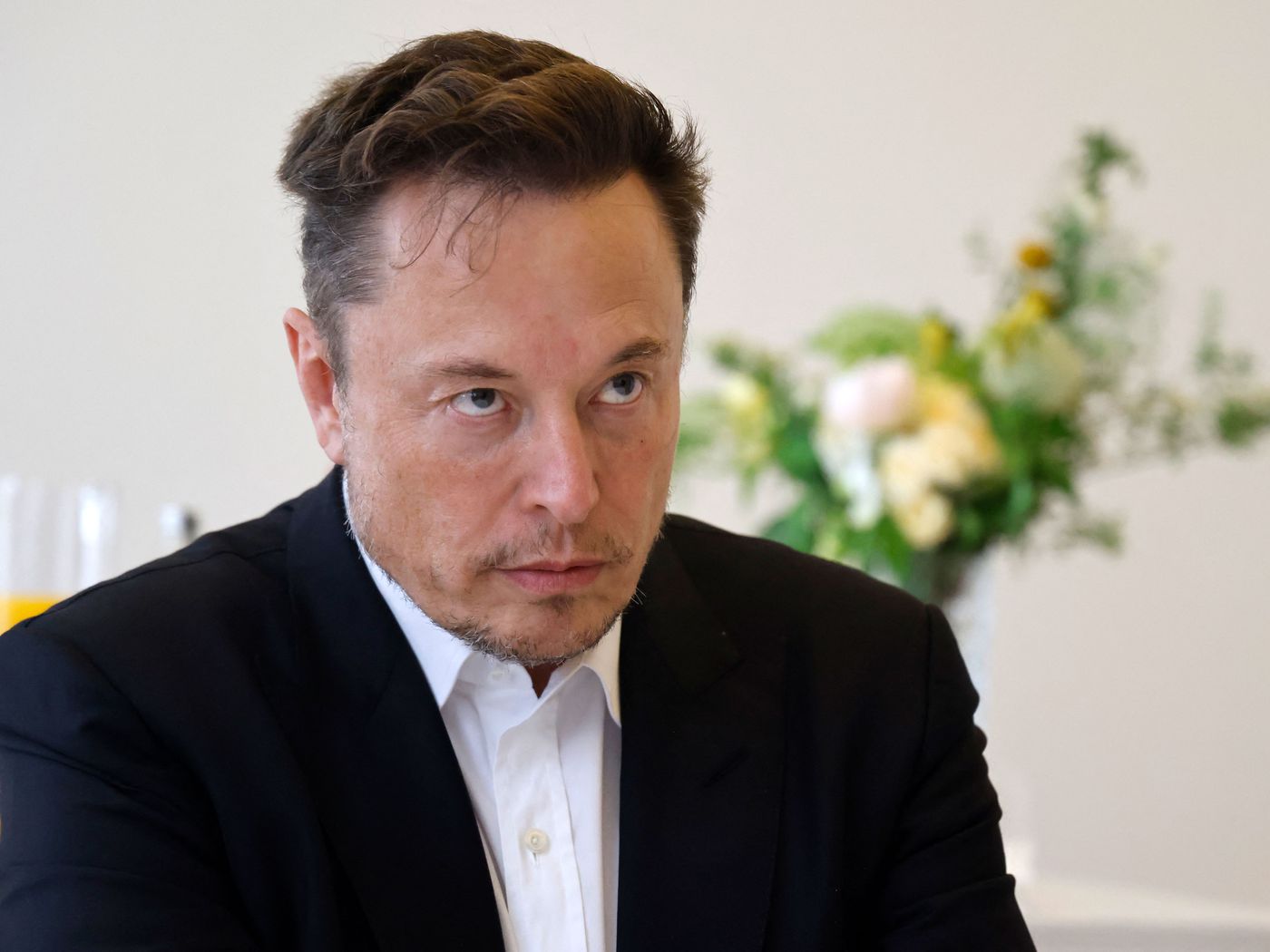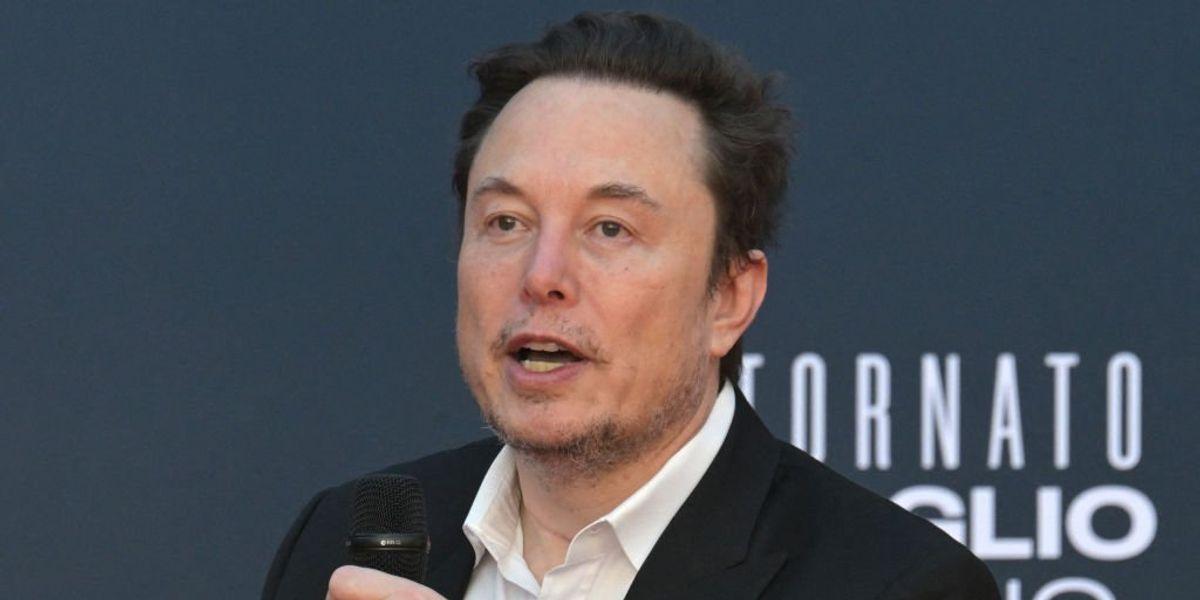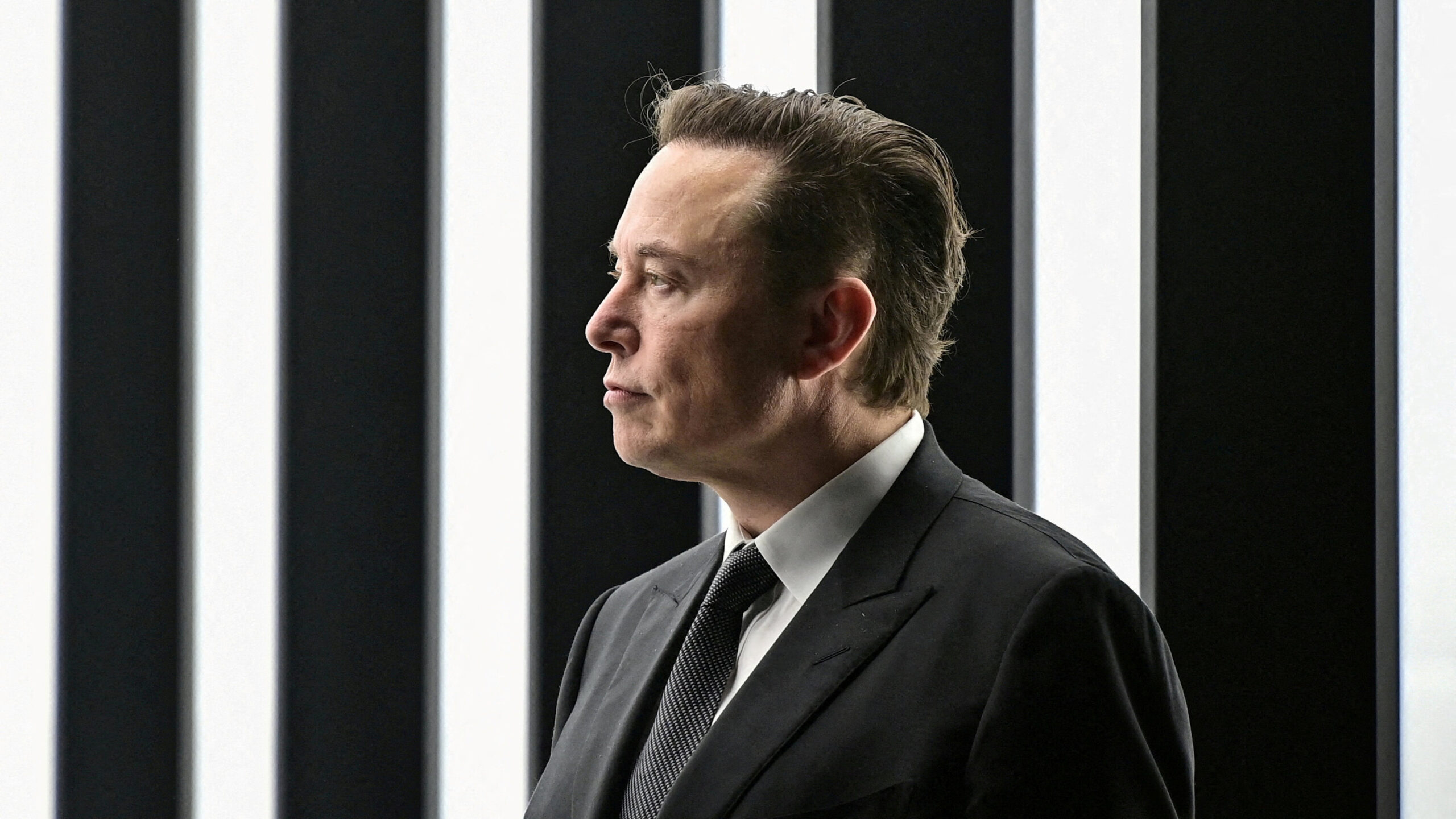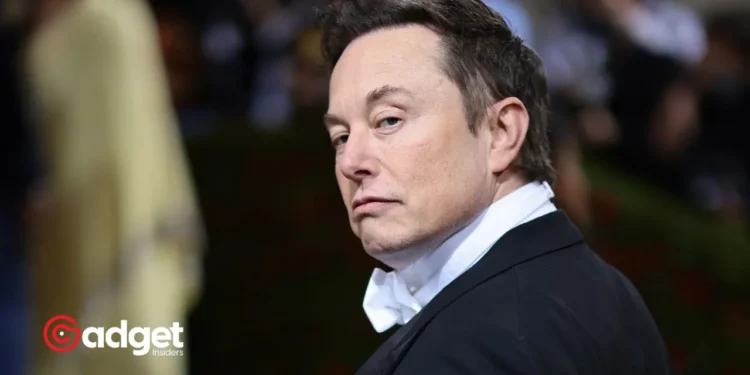In the ever-evolving landscape of social media acquisitions, a new hypothetical contender has emerged for the ownership of TikTok’s U.S. operations. While the platform isn’t currently on the market, the speculation around potential buyers adds a layer of intrigue to the digital domain. Among the speculated is Elon Musk, a figure synonymous with innovation and boundary-pushing ventures.
However, there’s a catch that makes this scenario more suited for a science fiction novel than a business proposal.
The Bid to Buy TikTok: A Theoretical Marketplace
The idea of purchasing TikTok has become a playground for the imagination. From Steven Mnuchin, the former Treasury Secretary, seeking investors, to Bobby Kotick, the former CEO of Activision, considering a partnership, the notion isn’t restricted by reality.
Even the idea of a collective effort led by media mogul Henry Blodget to acquire the platform has been floated, reminiscent of his past offer to buy Yahoo. The notion that “Anyone anywhere can say they want to buy TikTok” underscores the speculative nature of these discussions, blending ambition with a hint of whimsy.

However, the journey to acquiring TikTok’s U.S. operations is fraught with obstacles. Legislative hurdles, international diplomacy, and the sheer financial magnitude of such a purchase are daunting challenges. The estimation of TikTok’s value swings wildly, hinting at the complexity and uncertainty surrounding its potential sale.
Elon Musk: The Ideal Owner with a Temporal Twist
Enter Elon Musk, a figure who embodies the spirit of innovation and audacity. Elon Musk’s hypothetical candidacy for TikTok’s ownership is not grounded in his financial capacity but in the theoretical need for a time machine.
The proposal suggests Musk traveling back to early 2022, leveraging his then-peak acclaim and the global fascination with his ventures in electric vehicles and space exploration.
The pitch is compelling: “Elon Musk. Invented Electric Cars. Going to Mars. Can Run a Video App For Dancing Teens.”

This imaginative scenario serves not only as a testament to Elon Musk’s enduring allure but also as a commentary on the transient nature of technological dominance and public perception.
Elon Musk’s actual foray into social media through the acquisition of Twitter has revealed limitations, suggesting that the skills required to revolutionize transportation and space exploration may not translate to the nuanced realm of social networks.
Critics and fans alike have recognized a disconnect, highlighting a different kind of intelligence necessary for platforms centered on human connection and communication.
The Reality of Running Social Media: Lessons from Elon Musk’s Twitter Saga
Elon Musk’s tenure at Twitter, or X, has been a litmus test for his adaptability to the social media sphere. Despite his ambitions, the transition has been anything but smooth, marked by controversial decisions and a reevaluation of his effectiveness as a leader in this domain.
The challenges faced by Musk underscore the complexities of managing platforms that are deeply intertwined with social dynamics and public discourse.
Elon Musk would be the best owner for TikTok. There's just one problem. https://t.co/qGIkYiUoHo
— Business Insider (@BusinessInsider) March 15, 2024
Moreover, Elon Musk’s investment in Twitter as its “biggest power user” may have clouded his judgment, leading to decisions that favored his vision over the platform’s broader needs.
This experience serves as a cautionary tale for those envisioning him at the helm of TikTok, suggesting that successful leadership in one sector does not guarantee success in another, especially when it involves the delicate fabric of social interaction.
A Theoretical Exercise in Digital Dominion
The discourse surrounding the potential purchase of TikTok by figures like Elon Musk is a fascinating exploration of the boundaries between ambition, reality, and the realms of possibility.
While the idea of Elon Musk owning TikTok might hold allure for its sheer audacity and the intersection of technology and entertainment, it remains a speculative venture, underscored by the challenges he has faced in adapting to the social media landscape.

Whether or not Musk—or any individual—could transform TikTok remains a question tethered not just to financial resources or business acumen, but to the ability to understand and foster human connections in the digital sphere.
In this narrative, the journey to owning TikTok is less about the destination and more about the speculative pathways that capture our collective imagination.










